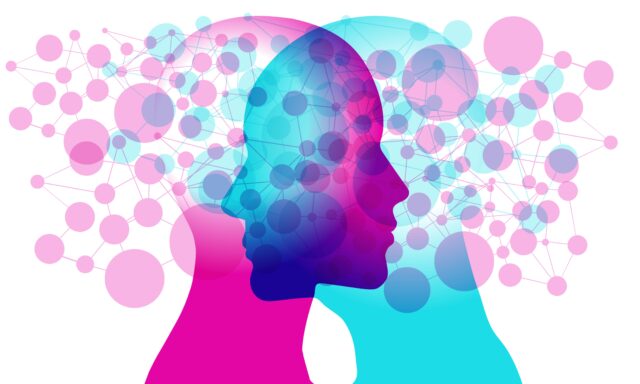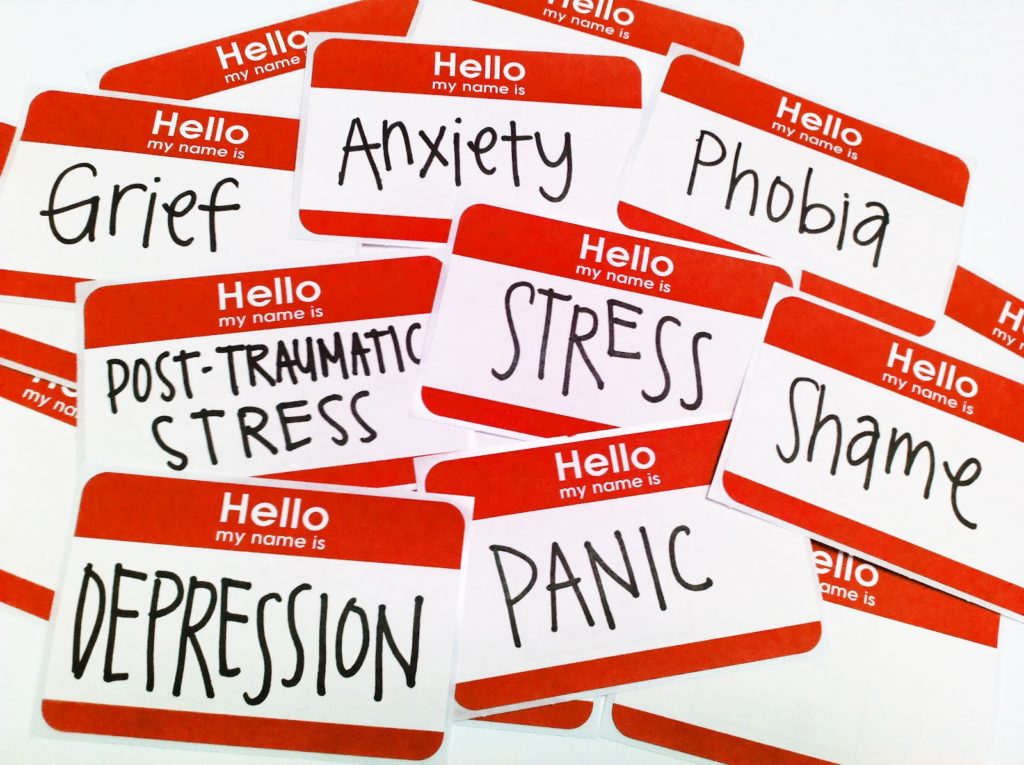
Global image and atmosphere in society, constant pressures, existential problems, lack of communication… All this leads to additional frustrations that, very often, are poorly channeled. Do we and how much do we care about mental health? Have we found our way to deal with everyday problems and stresses?
What Is Mental Health And Why Is It So Important?

Mental health is so important that no matter how much we talk about it, its importance can never be overstated. Yet, we live in a society where, unfortunately, many people still believe that you don’t need to visit a psychologist or a psychotherapist. At least if you deceive yourself thinking that you’re keeping everything under control. Of course, that’s not true. Mental health refers to a state of well-being. It is a state where we can achieve our potentials. It allows us to cope with everyday stresses, to work more productively, and contribute to society. It is an integral part of the health overall – individual as well as global. It does not signify a simple absence of mental illness. It is actually much more than that. Good mental health is a prerequisite for optimal functioning of the individual. Therefore, maintaining mental health is key to a long, healthy and quality life. When mental health is good, it improves the quality of life, and when it is bad, it prevents a person from living a normal life.
Can Bad Mental Health Cause Fatal Consequences?
Scientists point out that mental problems are a more common cause of premature death than physical illnesses. They estimate that within the next few years, the depression will be the second, and by 2030, the first leading cause of global disease. This all points to the need for investment in mental health. Early detection, treatment, rehabilitation and improvement of mental health are extremely important. This way, we can contribute to the well-being and economic benefit of the individual and society.
What are the current levels of mental issues we fight?

Mental, physical and social factors are vital strands of our life. They are intertwined and interdependent. If we could understand these relationships better, it would become more apparent that psychic health is crucial to our overall health prosperity.
Unfortunately, mental disorders are not given the same importance as if we speak of our physical health. Instead, this topic is largely ignored, partly because of such an attitude. We’re all affected by the increasing burden of mental issues we are facing and the widening treatment gap. Although many people suffer from mental or behavioral disturbances, only a small number receive the treatment. Even today, most people feel uncomfortable to talk about it because of the public stigmatization of mental diseases. Why are we still responding like that when we speak of mental issues and if you want to read more about it click here.
In developing countries, most people with severe mental issues are left to deal on their own with depression, dementia, schizophrenia, or substance abuse. In general, many of them become victims of their illness and objects of stigmatization and discrimination. Given the aging of the population and the worsening of social problems, one can expect a further increase in the number of those who suffer from some sort of mental disorder. These types of disorders already represent four out of ten causes of disabilities worldwide. This growing burden has a high cost, which is reflected in human misery, incapacity, and economic loss.
Social Influences On Individual Mental Health
In recent decades, under the influence of the circumstances in which we live, the category of social influences has been particularly significant. So, what are the factors in society that have mostly affected our mental health?
Changes

Changes usually exert different influences that depend on economic status, sex, race or ethnicity. The modern urbanization can have negative effects on the impact of multiple stressors and undesirable life events. The most common are poverty, overpopulated environments, high levels of crime, and reduced support from society.
Migrations
Migrations usually do not bring social progress, but often leads to high rates of unemployment and poor living conditions, exposing people to social stress and the risk of mental disorders. Therefore, conflicts, wars, and civil unrest are compounded by higher rates of mental health problems.
Living In Rural Settlements
Country life is also fraught with problems for many people. Common difficulties are isolation, lack of transport and communication, limited education, etc. What’s more, mental health services seek to concentrate their clinical resources in larger cities, leaving limited opportunities for mental health care of the rural population.
Poverty

Being poor and conditions like unemployment, low education, deprivation, and homelessness are affecting undeveloped as well as parts of rich countries. The poor and deprived people have higher rates of prevalence of mental and behavioral disorders, including substance abuse. The higher rate can be explained in two ways – by the greater number of causes of the disorder among the poor and the displacement of the mentally ill into poverty.
The Pressure On women
Women continue to bear the burden of responsibility arising from their roles as wives and mothers, etc. Over time, they are increasingly becoming an important part of the workforce. That much, that they are often the primary source of income. Besides this, women suffer from their often conflicting roles. They also face sexual discrimination, overwork, sexual violence, etc.
Technological Progress

The speed of technological change, though positive, represents an additional factor for the development of mental and behavioral disorders. Technological changes, especially the communication revolution, offer incredible opportunities to increase information dissemination and empower users. But these achievements also have their bad qualities.
What Can We Do For Ourselves?
The first step is to make choices for ourselves and our health in general! It is important to understand that taking care of our mental health, our feelings, relationships, thoughts, preoccupations is a type of mental hygiene maintenance. The same as we maintain body hygiene. We can do little things every day that will mean a lot in maintaining our mental health. Some of these steps include making healthy life choices, taking the time for yourself, relaxing and thinking, laughing and having fun, recognizing stress and dealing with it. As well as seeking help when we can’t deal with problems ourselves.







